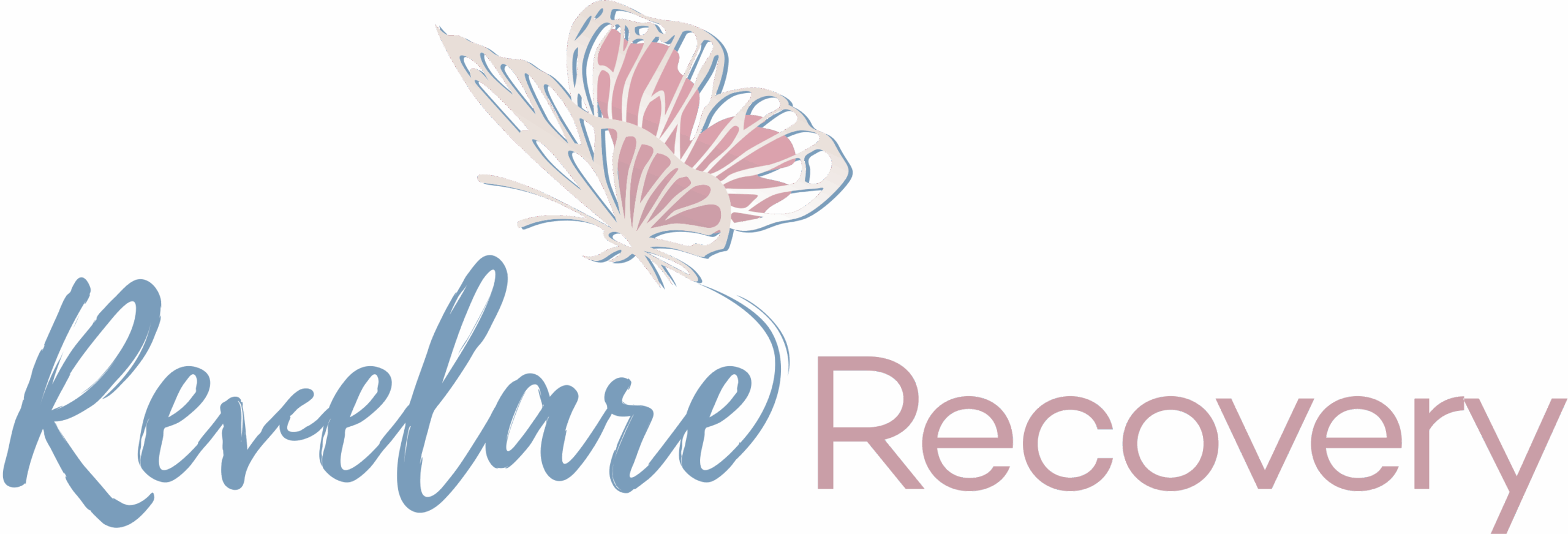Behavioral health and mental health are terms that the majority of people use indistinguishably when it comes to health and overall well-being. However, they include different spheres of health. Male and female perspectives can be different at various aspects of life and this information will help women who look for support regarding different issues knowing that the help is available and where to find it. In this all-encompassing guide, you will get to understand more about the differences between behavioral health vs mental health, how both fields relates to each other as well as the manner in which both fields affects women.
What is Behavioral Health?
Behavioral health aims at the role that behaviors and actions of a given person take on the health of that person—emotional, mental, and otherwise. This broad term includes patterns such as:
- Substance use and addiction
- Eating habits
- Exercise routines
- Sleep patterns
- An explanation of how one can handle stress and trauma.

Effective patient management seeks to change adverse behaviors and decisions that have adverse effects in the affected patient Population.
What is Mental Health?
Behavioral health can be categorized into mental health which deal with the emotional, psychological and social aspects of a person’s life. Common areas of focus include:
- Mood disorders which are for example depression and bipolar disorder.
- Anxiety disorders
- Personality disorders
- Psychotic disorders such as schizophrenia stand out here as being critical to family functioning and have potential reversible effects.

Mental health is defined as the capacity to cope with life demands, work and relationships, essential factors for a woman through balancing a career and family.
Key Differences Between Behavioral and Mental Health
The differences in behavioral and mental health must be understood, so that the right form of care can be received. Here are the main distinctions:
- Scope of Focus
Behavioral health refers to the relationship between, behavior on one hand, and the resultant health status or condition, physical health inclusive of mental health. Mental health can be said to be complementary to physical health as it only deals with health of the mind.
- Treatment Approaches
Behavioral health treatment may involve behavioral therapy, help in developing appropriate forms of living, and encouragement in modifying unhealthier patterns. Treatments are also interrelated services, which encompass psychotherapy, medical treatment, and counseling.
- Disorders Addressed
Mental health includes problems related to alcohol or drug use, anorexia or bulimia, and compulsive tendencies. Mental health is about major syndromes for example, anxiety, depression, and post-traumatic stress disorder (PTSD).
Why Women Need Specialized Behavioral Health Care
They have found that women are not immune from various stressors that affect their behavioral health in a negative way. These include:
Hormonal changes: Hormones related to menstrual cycle, pregnancy, post partum and menopausal period can affect mood and behaviours.
Caregiver roles: Managing both the family and a career, and providing care for non-self reliant members of the family creates stress and emotional drain.
Cultural pressures: Societal pressure of body image and the need to succeed also plays an important part of making conditions like an eating disorder worse.
The importance of taking into account gender specificities when it comes to women’s behavioral health care is noted together with provision of particular approaches and solutions.
The Importance of Mental Health Support for Women
Mental health as a component mix can be seen as an important aspect of a woman. Depression and anxiety are all conditions that women are more likely to suffer from, and there is biological, social, and cultural factors that are all encompassing of the issues. Mental health care tailored to women includes:
- Trauma-informed therapy: The relationship between previous stress events and the current state of mind.
- Support groups: The promotion of community, common knowledge and cooperation.
- Accessible resources: The care being offered that caters for other things like work and family duties.
How Behavioral and Mental Health Intersect
- Thus, the relationship between behavioral and mental Health is that each is often closely related to the other. For example:
- Eating disorders are behavioral and encompass mental issues too.
- Substance use disorders are behavioral disorders that often occur concurrently with anxiety or depression.
- Cortisol is now known to be associated with both mental disorders and unhealthy ways of coping such as eating or drug addiction.
- Behavioral Medicine and Mental Health should be coordinated hence the need for the integration.
Recognizing When to Seek Help
In terms of behavioral or mental health issues it is important to understand when one needs to get help. Signs that it’s time to reach out include:
- Depressed mood that is present most of the time, lasting at least 2 years
- Problems experienced in their ability to handle what is expected of them on a daily basis
- The data shows that the use of substances to deal with stress is widespread.
- Alterations of appetite, sleep or energy patterns
- Other abnormal somatic complaints such as headaches or fatigue
- Women should not feel ashamed of talking to someone since such problems fare worse once they have worsened.
Effective Treatment Options for Women
There are a variety of treatment options available to support women’s behavioral and mental health, including:
- Cognitive Behavioural Therapy (CBT)
CBT – This makes use of evidence in helping the women overcome negative thought patterns and behavioral patterns.
- Dialectical Behavior Therapy:
DBT targets emotion modulation, self-harm control, and interpersonal skills making it well suited the needs of those women with heightened painful sensations.
- Medication Management
In conditions as minor as depression or anxiety, it is not unheard of for medication to form an important part of treatment.
- Holistic Approaches
Yoga, mindfulness, and nutrition counseling cover both mental health and conduct.
- Support Groups
People can find and interact with others within groups in a more natural way in comparison with institutional environments which make peer-led groups possible in or drying to offer women a platform on which to share experiences and good practices.
Preventative Strategies for Women’s Health
We are going to reflect on the steps that are taken for the prevention of behavioral and mental health. Women can take proactive steps to improve their well-being, such as:
- Practicing self-care: Sleeping, recreation and leisure activities
- Building a support network: Keeping up with matters associated with friends and our loved ones
- Seeking regular health check-ups: Mental and behavioral assessment are also part of the medical evaluation.
- Managing stress: Applying relaxation methods into inducing, such as meditation
- Setting boundaries: Resilience is also about learning how to say no and maintaining down time at work
Why Awareness Matters
The growth in knowledge regarding differences in between behavioral and mental health makes it easier for women not to be prejudiced against and encourages them to seek right treatment. Separation of these differences also enable women to seek importance of her health for professional help or even change on her diet.
Additional, behavioral and mental health are inbound diversifications of health and cannot be considered separately from one another. For women, this may be the first time they understand these differences because they are gaps that need to be closed for any woman to get the best of both worlds and lead a healthy life.

It points out that basic behavioral patterns may be altered and emotional issues treated so women can reverse a lifetime of adversities and start healthy and happy lives. You must accept that whenever one is in need of support, it’s not a symbol of the weakness on the contrary, it is strength.
If you or an individual that you love has some behavioral or mental health problems, do not hesitate to get expert assistance, contact us at (404) 620-5169 or visit Revelare Recovery Center in Atlanta. It’s your right to be healthy and have a good quality life.
